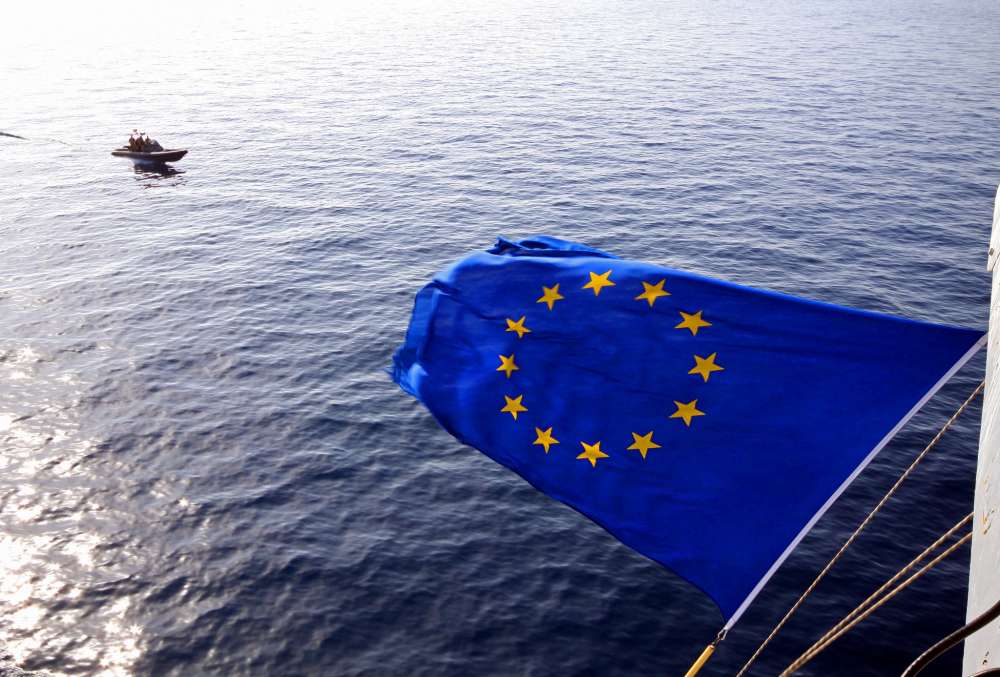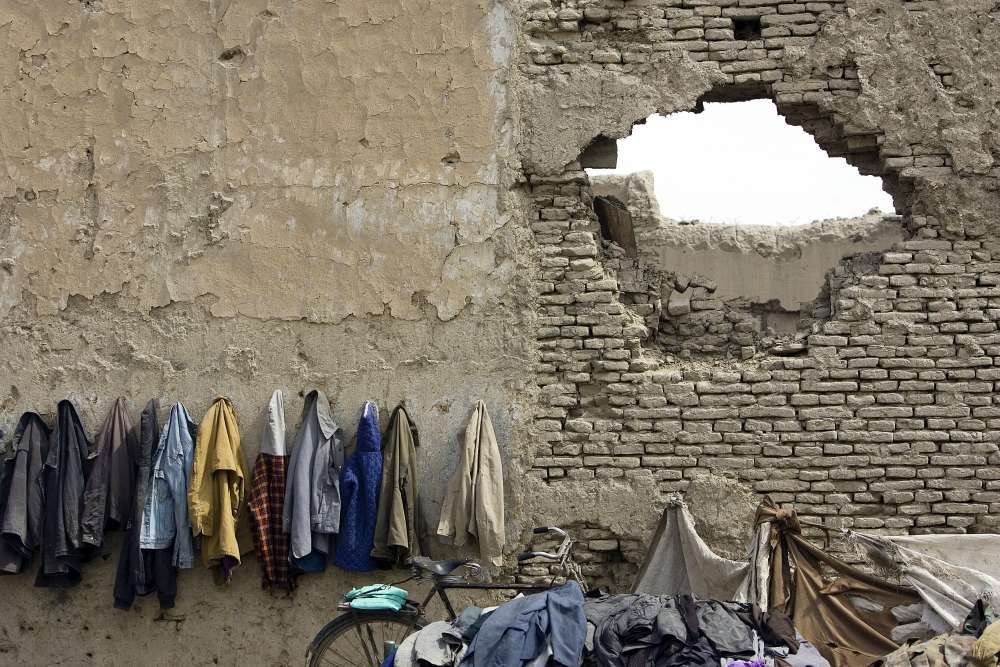Engaging with the Indian Ocean

The Indian Ocean, despite its geographical distance, has significant economic and strategic importance for Germany and Europe. A majority of European sea trade transits through the Ocean, along with half of Germany’s sea-borne supply and two-thirds of all containers carrying German exports. The Indian Ocean is also Germany’s primary gateway to the Asia-Pacific markets, which receive the second largest share of German exports after Europe, constituting 18.5 percent of all exports. In addition to being a conduit for trade, the Indian Ocean Region (IOR) is a driver of growth itself, which has recalibrated the region’s economic importance for Germany and Europe. With their high growth rates, emerging markets in South Asia and East Africa are important investment destinations. Increasing regional integration, demand for maritime technologies and infrastructure, emerging ‘Blue Economy’, and untapped mineral and energy reserves in the Ocean offer several economic opportunities.
Related to its economic importance, maritime security in the Indian Ocean is of vital interest to Germany as well. As an exporting nation, it is highly dependent on unimpeded maritime trade routes in the Indian Ocean. In addition, the Indian Ocean contains strategic chokepoints including the Straits of Hormuz and Malacca through which 34 million barrels of crude oil and petroleum are transported per day towards Europe and Asia – constituting 61 percent of the global maritime oil trade. Germany’s dependence on these trade and energy sea-lines of communication (SLOCs) makes securing them necessary.
However, both economic opportunities in the region and the security of sea-lanes will be impacted significantly by changing dynamics in the Indian Ocean – particularly the increasing geopolitical and geo-economic competition. This study analyzes the most important developments in the IOR focusing on the changing security dynamics, economic shifts, and emerging multilateral arrangements. It investigates the opportunities and challenges these create for Germany and Europe, and outlines what German engagement in the Indian Ocean could look like.
…







